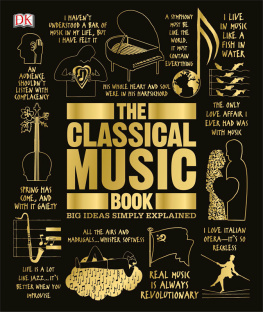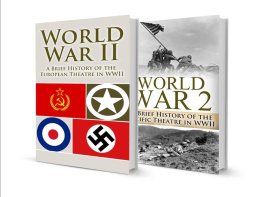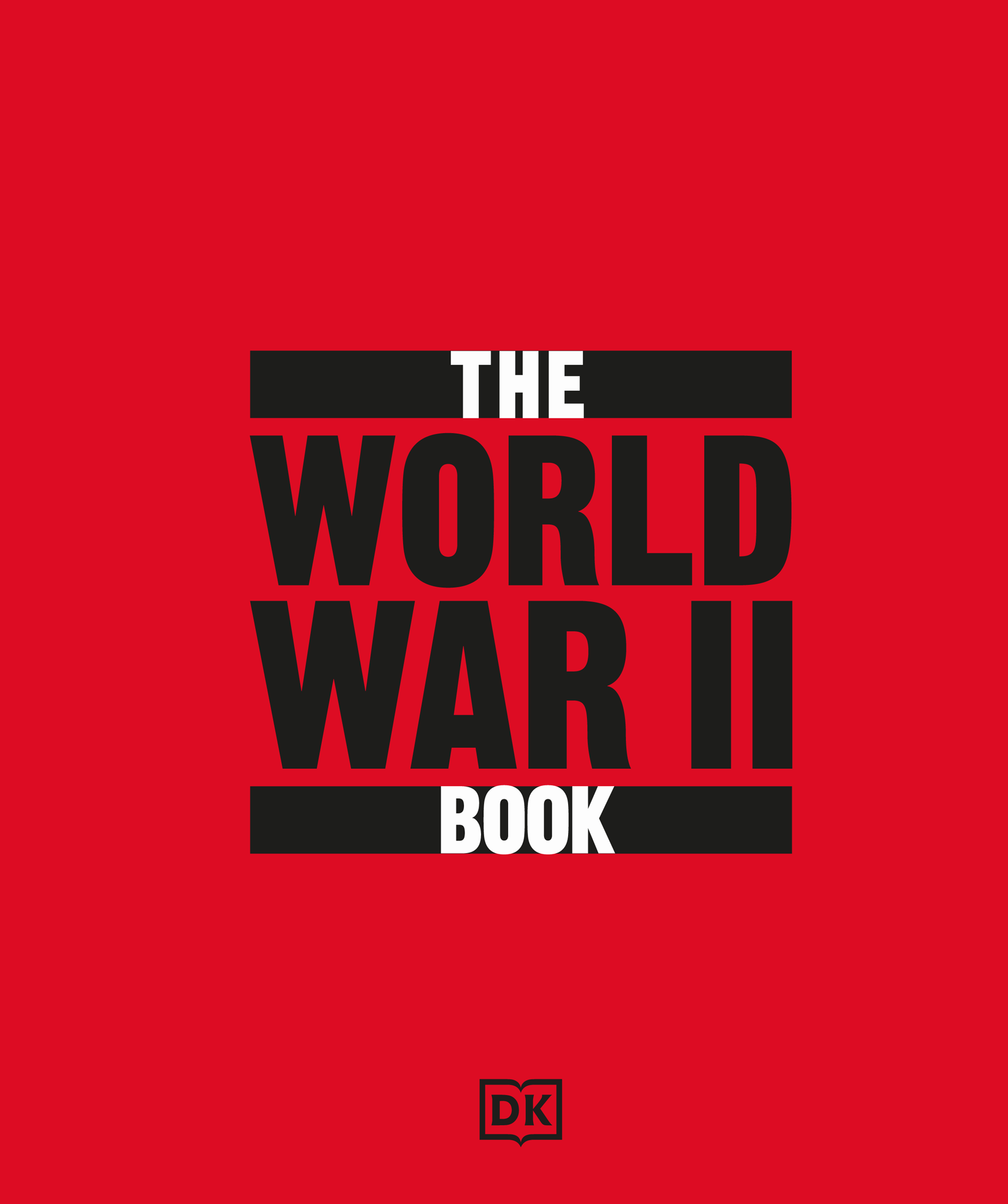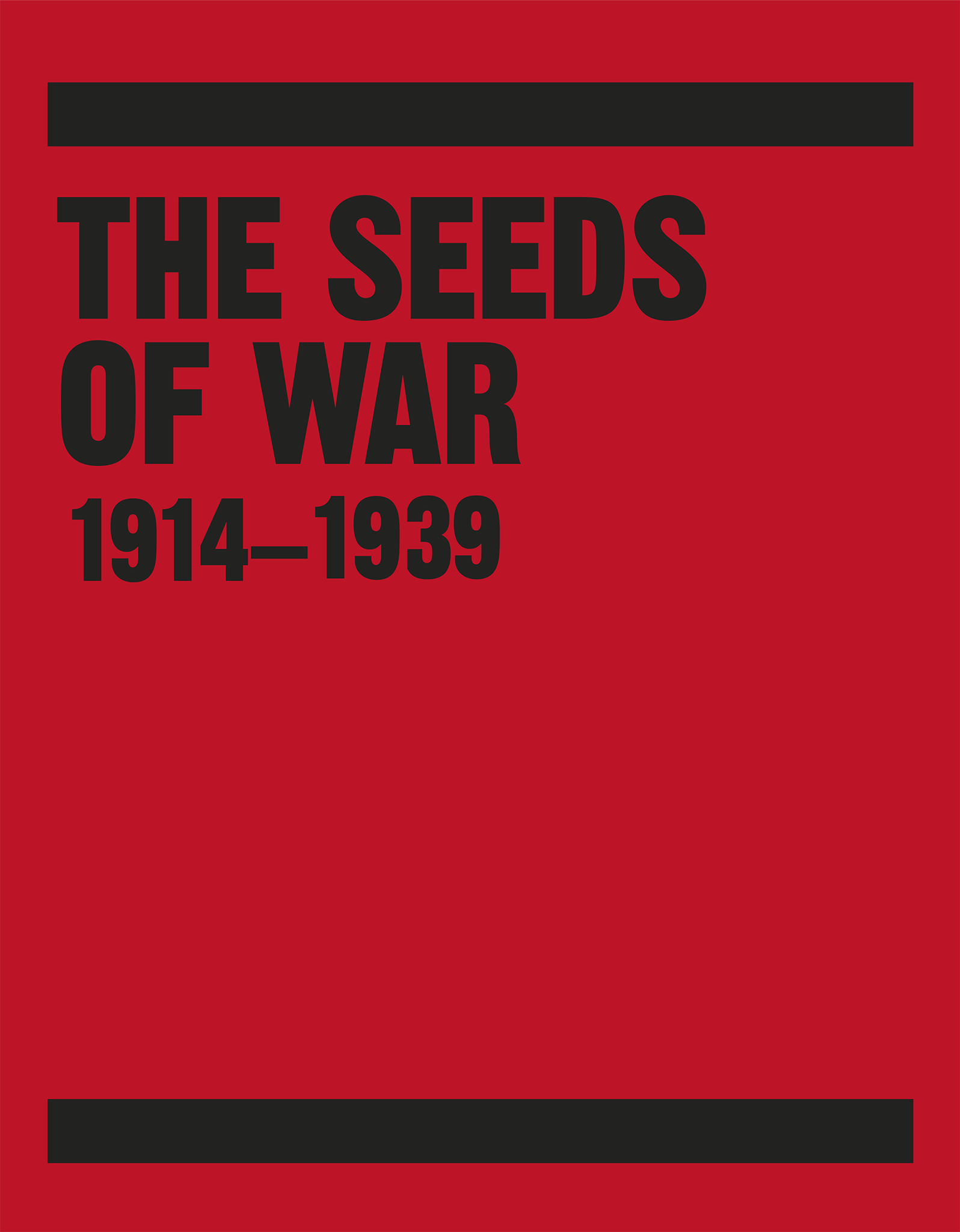INTRODUCTION

World War II was the largest and most terrible conflict in history, an ideological contest that saw the two opposing sidesAxis and Alliedlocked in a battle that could only end in the destruction of the other. The bitterness of the fighting was reflected in the casualty lists: more than 50 million people killed and millions more wounded in body and mind. The war culminated in the dropping on Japan of the atom bomba horrifying new weapon that could wipe out humankind itself.
Shared ambitions
The origins of the war lay in two, seemingly separate conflicts on opposite sides of the world. In the Far East, it began with Japans invasion of the Chinese province of Manchuria in 1931, which led to a full-scale offensive against China six years later. In Europe, the war that began with Germanys invasion of Poland in 1939 was in many respects a resumption of World War Is contest for European domination. What linked the two was the shared ambition of Germany and Japan to amass territory on a vast scale and create a new order to rival and supplant the old empires of the European powers.
Italy, the third member of the Axis coalition, also set about creating an empire, first in east Africa and then in the Mediterranean. For all three Axis states, war was not considered an aberration from the diplomatic norm but rather an essential tool of foreign policy.
The pressure created by these separate military ventures would eventually explode into world war. Germanys invasion of Russia in June 1941 brought the USSR into the conflict, which encouraged Japans attack in the Pacific and then Hitlers declaration of war against the US. By the end of 1941, the conflict had become global. The Axis nations were the aggressors throughout. They gambled on the idea that their superior martial spirit would somehow be sufficient to overcome the decadent, if materially more powerful, Allied nations.
Every healthy, vigorous people sees nothing sinful in territorial acquisition, but something quite in keeping with nature.
Adolf Hitler, 1928
Relative strengths
While Italys imperial pretensions were dashed from the outset, Germany and Japan scored a series of stunning military victories in the wars opening stages that seemed to indicate that they would achieve their aims. But they underestimated their opponents, who, after initial setbacks, reorganized their forces with enough skill and attack to make an Allied victory inevitable.
The armed forces of Germany and Japan were well-equipped and well-led on the battlefield. In addition, their determination was a remarkable factor that significantly prolonged the conflict.
At the highest level, Allied leadership was superior to that displayed by the Axis powers. Winston Churchill, Franklin D. Roosevelt, and Josef Stalin shared a global outlook, and were prepared to work together to achieve previously agreed objectives. By contrast, the Japanese military government was undermined by chronic factionalism and had little vision beyond simple territorial aggrandizement. Hitler could not see beyond his obsession with gaining Lebensraum (living space) in eastern Europe. Mussolini was merely a vain fantasist. None of the Axis governments made any serious attempt to cooperate with their ostensible partners.
The Allied nations had access to greater material resources, and used them more effectively than the Axis. The US and the USSR were masters of mass production, and Britain also made a useful contribution to the economic and military muscle that was needed. While the Allies produced well over 4 million tanks and other fighting vehicles, the Axis produced just 670,000. Good oil supplies were also vital, and by the end of 1944, the Axis could barely operate what mechanized weapons they still possessed because of fuel shortages.
The Allies also proved more capable than the Axis in the field of military intelligenceincluding breaking both the main German and Japanese secret codesand in utilizing civilians to develop new technology. Germany, once a scientific powerhouse, found itself surpassed by the western Allies. It led in the fields of jet aircraft and rocket propulsion, but the advances made came too late to change the wars outcome.
Changing societies
World War II was more than just a military contest. Apart from the suffering experienced by many tens of millions of people, it offered new experiences and opportunities, which opened up political and social expectations. Women, for example, were conscripted into the world of work on a mass scale. Although many left the workforce again in the post-war period, the scale of their contribution to the war effort could not be ignored. In the US, millions of Black workers in the rural South were lured to the great industrial centers in California and the North, a profound demographic change that transformed Americas racial landscape.
In Asia and some parts of Africa, people saw their European colonizers humiliated by the Japanese and the Germans, opening up the possibility that they might rule themselves, a first step to the end of empire. The war underlined the decline of Europe as a major world player and accelerated the emergence of the US and the USSR as the worlds two great superpowers.
Hitler is striking with all the force at his command. His is a desperate gamble, and the stakes are nothing less than the domination of the whole human race.
Winston Churchill, 1940
This book
The aim of The World War II Book is to consider how the war started, to look at how the Allies defeated the Axis, and to examine the results and consequences of this great conflagration. There can be no doubt that the conflict had lasting consequences, many of which continue into our own time. We also hope to give the reader an idea of what it was like to live through this most extraordinary six years in the history of humankind.
INTRODUCTION
World War II had its origins in the terms of the Treaty of Versailles, signed in June 1919 to mark the end of World War I. The treaty represented an attempt by the victorsBritain, France, Italy, and the USto prevent a repetition of the recent conflict, but it created more problems than it solved. Combined with the economic crises that wracked post-war Europe, it sowed the seeds for a new world warone even more deadly than its predecessor.

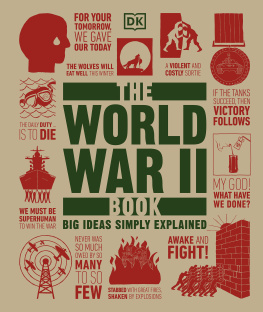
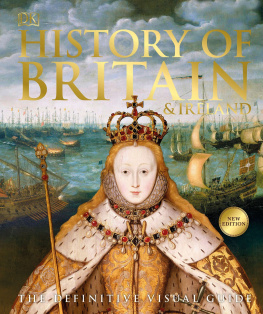
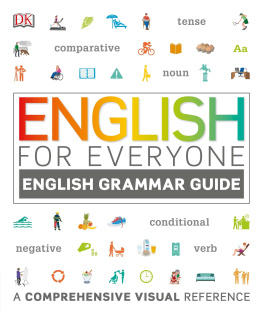
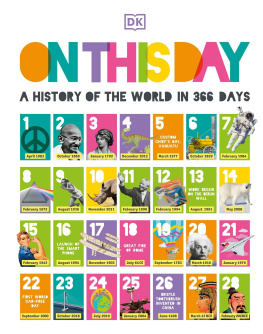
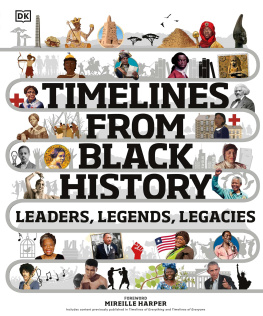

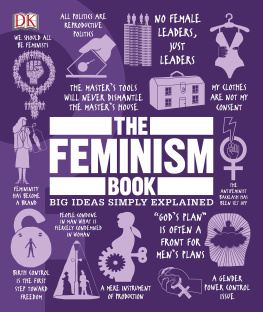
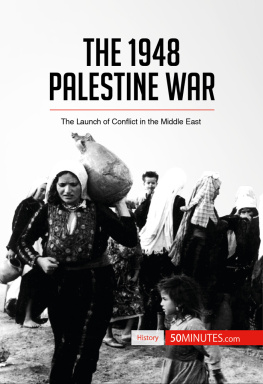
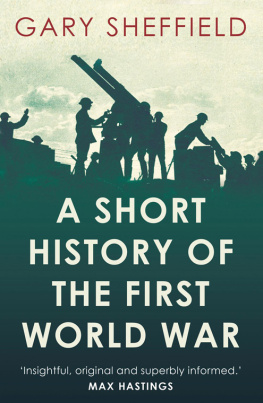
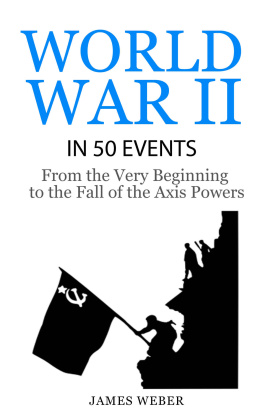
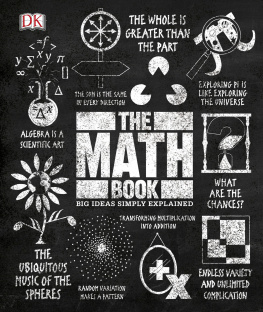


![Spencer C. Tucker - World War II [5 Volumes]: The Definitive Encyclopedia and Document Collection](/uploads/posts/book/128138/thumbs/spencer-c-tucker-world-war-ii-5-volumes-the.jpg)
